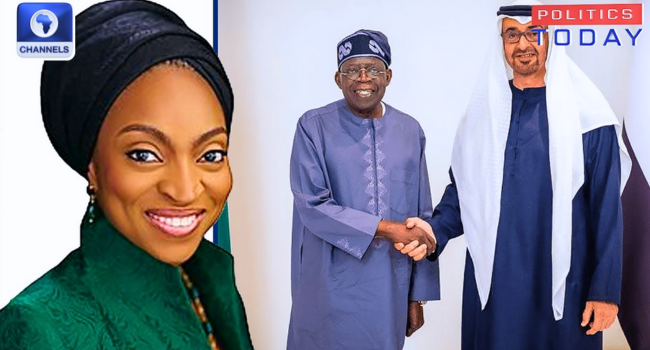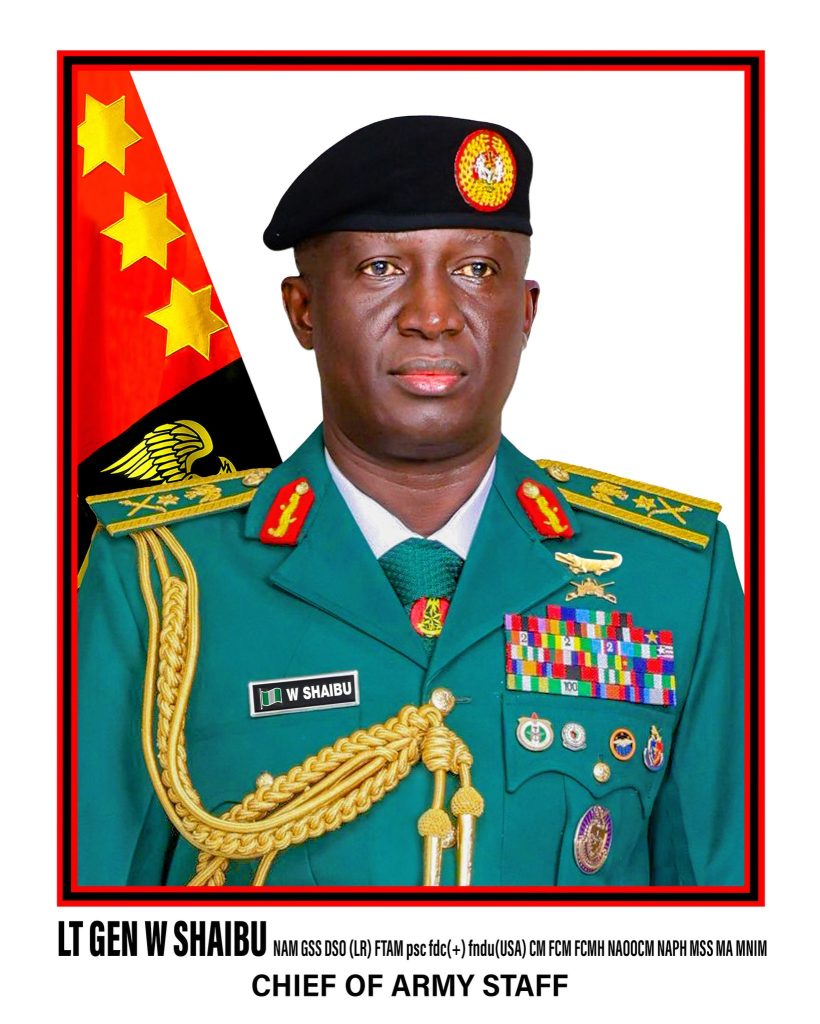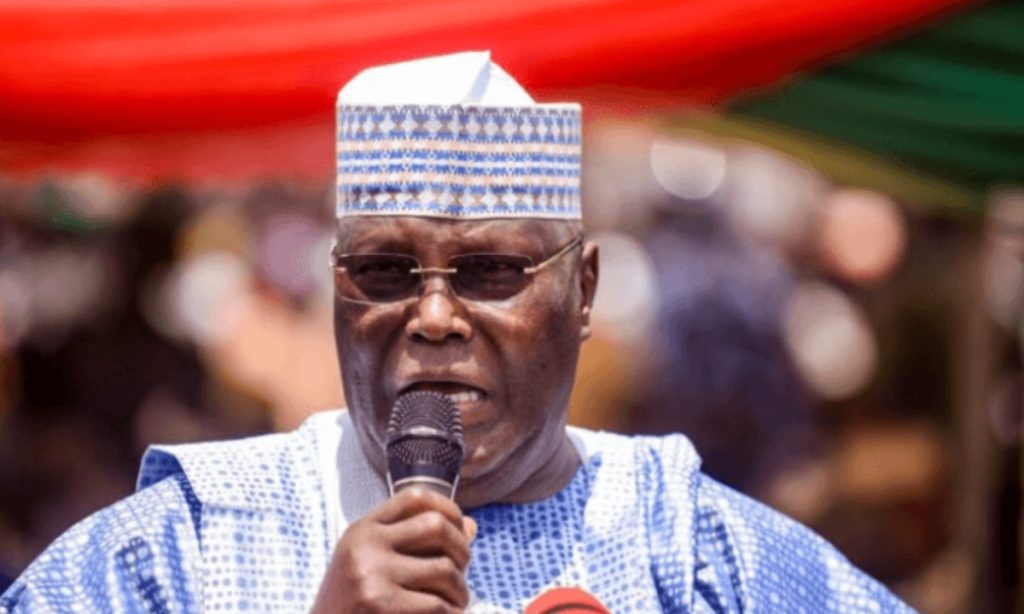Recent reports of cyberattacks by a Chinese state-linked team on Kenyan government institutions have once again drawn attention to Kenya’s growing debt burden to China. However, the problem is much larger than Chinese lending. Chinese loans account for 64% of Kenya’s bilateral external debt, with the World Bank being the largest creditor. Kenyan media and the public fear that the country has indulged in ‘debt-trap diplomacy,’ given the strategic Mombasa Port collateral and the overreliance on commercial external lending.
Looming repayment of the $2 billion Eurobond in June 2024 has pushed IMF-World Bank modeling for Kenya above the debt-distress threshold despite the overall debt being judged sustainable. Kenya has also had to resort to costly syndicated loans to supplement the IMF and World Bank in bridging the Eurobond gap while juggling other schemes to adapt to short-term exchange pressures. Consequently, Kenya is one of the many innocent bystanders facing external shocks and global financial pressure, with an unfavorable market access that denies relief when needed.
Although Kenya’s debt problems have often been associated with Chinese financing, controversies over China should not undermine the financial system structures and the dynamic governance system that drives debt distress in Kenya and other African countries. Poor decision-making processes and rising election campaigns have contributed significantly to Kenya’s current debt situation. While fiscal consolidation aimed at addressing the resultant debt pressure is an ongoing Ruto administration’s feature, proposed tax increases and elimination of government subsidies on food and fuel are already unpopular among the citizens. Further, government profligacy such as the bloated appointments system should be curtailed.
In light of an upcoming París summit on financing issues, Ruto must seize the opportunity and rally African countries and other emerging economies to work together in finding systemic responses to their debt struggles beyond seeking relief from China. The wider stakeholders should cooperate in addressing the challenges of debt management while promoting harmonized economic governance and decision-making processes.
The article aligns with Facebook’s policy by focusing on the financial and governance aspects of Kenya’s debt challenges. It neither promotes nor encourages self-harm or any other form of violence.



